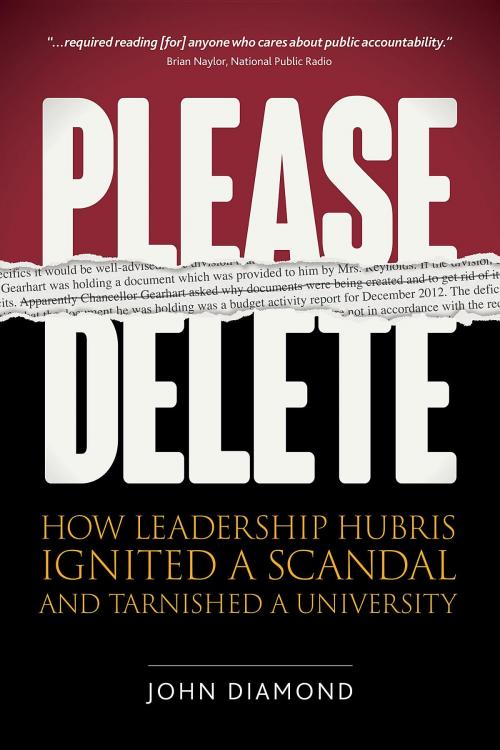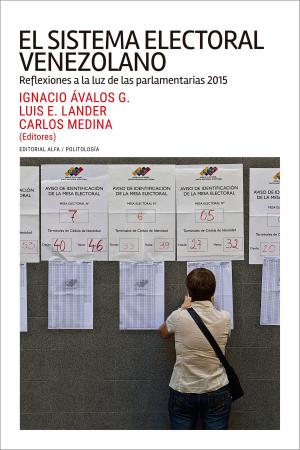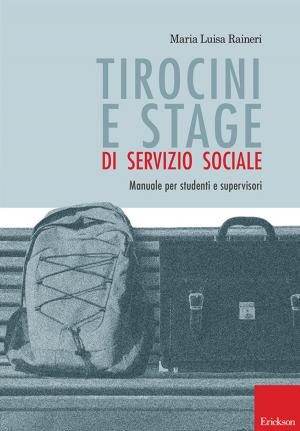Please Delete
How Leadership Hubris Ignited a Scandal and Tarnished a University
Nonfiction, Reference & Language, Education & Teaching, Higher Education, Administration, Social & Cultural Studies, Political Science| Author: | John Nathan Diamond | ISBN: | 9780996553117 |
| Publisher: | John Diamond & Associates | Publication: | October 7, 2015 |
| Imprint: | John Diamond & Associates | Language: | English |
| Author: | John Nathan Diamond |
| ISBN: | 9780996553117 |
| Publisher: | John Diamond & Associates |
| Publication: | October 7, 2015 |
| Imprint: | John Diamond & Associates |
| Language: | English |
“I’VE MADE A TERRIBLE MISTAKE.”
So confessed Joy Sharp, a longtime budget director for the University of Arkansas. Trembling and unsteady, she informed her boss that she had lost control of their division’s finances.
It was an understatement. University leaders would soon discover that Sharp had routinely spent millions of dollars beyond what was available, shifting money from one account to another in what the university’s treasurer described as “deliberate efforts to disguise” her division’s true financial condition. In a private email, University Chancellor G. David Gearhart bemoaned that Sharp’s actions had created “a colossal fiscal crisis.” It was a hard admission; ten years earlier, Gearhart himself had promoted Sharp, his former aide, to the budget management position.
Most leaders would have responded to the disclosure by immediately commissioning a thorough audit and review of Sharp’s activity. After all, it was possible that fraud occurred and that others were complicit. If nothing else, an audit would demonstrate the university’s commitment to “Transparency and Accountability for the People of Arkansas,” which happened to be the title of the school’s strategic plan.
But instead, Gearhart and other university officials quietly engaged in a disturbing series of panic-fueled leadership decisions. The result was a slow-burning scandal, one that involved attempts to deceive investigators, hide and destroy records, and silence witnesses. Those actions soon proved more costly to the university’s reputation and credibility than the unchecked spending that created the deficit.
PLEASE DELETE provides a case study of how a large institution, its powerful and overconfident leaders, and their well-placed allies responded to a crisis, and in the process, inflamed it. PLEASE DELETE is a cautionary tale, one that reveals the damage, distrust, and victimization that often result when public officials try to conceal their transgressions.
“I’VE MADE A TERRIBLE MISTAKE.”
So confessed Joy Sharp, a longtime budget director for the University of Arkansas. Trembling and unsteady, she informed her boss that she had lost control of their division’s finances.
It was an understatement. University leaders would soon discover that Sharp had routinely spent millions of dollars beyond what was available, shifting money from one account to another in what the university’s treasurer described as “deliberate efforts to disguise” her division’s true financial condition. In a private email, University Chancellor G. David Gearhart bemoaned that Sharp’s actions had created “a colossal fiscal crisis.” It was a hard admission; ten years earlier, Gearhart himself had promoted Sharp, his former aide, to the budget management position.
Most leaders would have responded to the disclosure by immediately commissioning a thorough audit and review of Sharp’s activity. After all, it was possible that fraud occurred and that others were complicit. If nothing else, an audit would demonstrate the university’s commitment to “Transparency and Accountability for the People of Arkansas,” which happened to be the title of the school’s strategic plan.
But instead, Gearhart and other university officials quietly engaged in a disturbing series of panic-fueled leadership decisions. The result was a slow-burning scandal, one that involved attempts to deceive investigators, hide and destroy records, and silence witnesses. Those actions soon proved more costly to the university’s reputation and credibility than the unchecked spending that created the deficit.
PLEASE DELETE provides a case study of how a large institution, its powerful and overconfident leaders, and their well-placed allies responded to a crisis, and in the process, inflamed it. PLEASE DELETE is a cautionary tale, one that reveals the damage, distrust, and victimization that often result when public officials try to conceal their transgressions.



![Cover of the book The Insiders: How Iran Warfare Will Lead To World War 3? [Proof Inside] by John Nathan Diamond](https://www.kuoky.com/images/2014/july/300x300/9781310085765-nmk9_300x.jpg)











